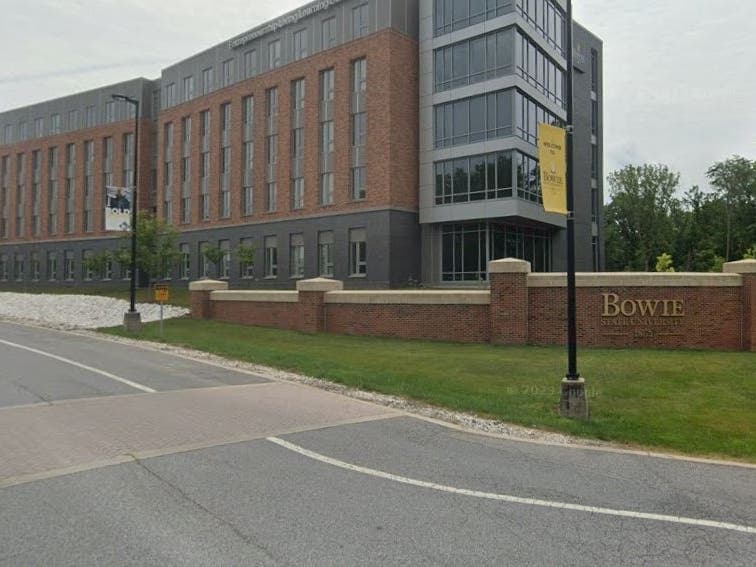UMD Introduces Clark Scholars Class of 2029, Expands Local Engineering Pathways
On November 17, 2025 the A. James Clark School of Engineering announced the incoming Clark Scholars Class of 2029, a cohort of first year students selected for scholarship, mentorship, leadership and research supports. The program aims to boost retention and career launch for students who represent College Park and the wider region, a development with direct implications for Prince George's County workforce and higher education policy.

The University of Maryland on November 17 introduced the Clark Scholars Class of 2029, reaffirming a multi year commitment to supporting undergraduates in the A. James Clark School of Engineering through scholarships, mentorship, leadership training and research opportunities. The announcement highlighted individual scholar backgrounds, academic interests and early research placements, and described program supports intended to increase retention and launch high impact careers for scholars representing College Park and the region.
The Clark Scholars program provides a package of supports that includes mentoring, research funding and internships, aiming to keep students on track through graduation and into professional roles. University leaders portrayed the program as a pathway builder for engineering careers, while faculty described scholar placements in laboratories and research projects that begin in students first year. Those early placements matter because sustained engagement in research and applied work is correlated with higher retention rates and stronger career outcomes.
For Prince George's County the program is more than an academic initiative. Returning graduates strengthen the local talent pool for employers across the county and the Baltimore Washington metro area. Scholarships and paid internships reduce financial barriers for students from diverse backgrounds, which can expand access to high wage technical jobs and influence long term demographic and economic patterns in local communities. The combination of mentorship and leadership development also positions scholars to contribute to civic and community organizations after graduation.

Policy implications for county and state leaders include opportunities to align workforce development efforts with university programs, to invest in internship pipelines with local firms and federal research centers, and to support K 12 outreach that feeds prospective scholars into engineering pathways. As universities compete to retain talent regionally, programs like Clark Scholars are a lever for economic development and educational equity.
The profile of the Class of 2029 emphasized both personal trajectories and institutional supports, underscoring the university role in producing engineers who may live and work in Prince George's County. Tracking retention, internship placement, and post graduation employment will be key metrics for assessing the program impact on the county over the coming years.


